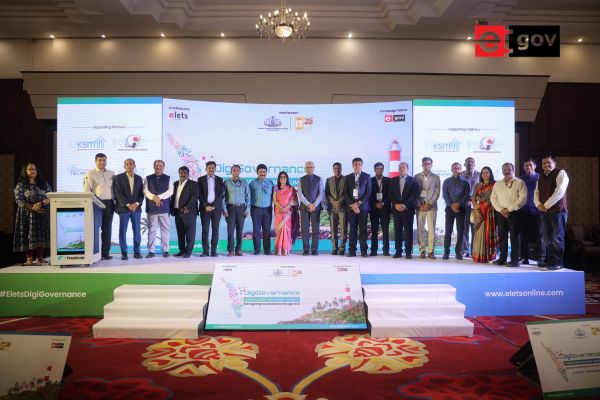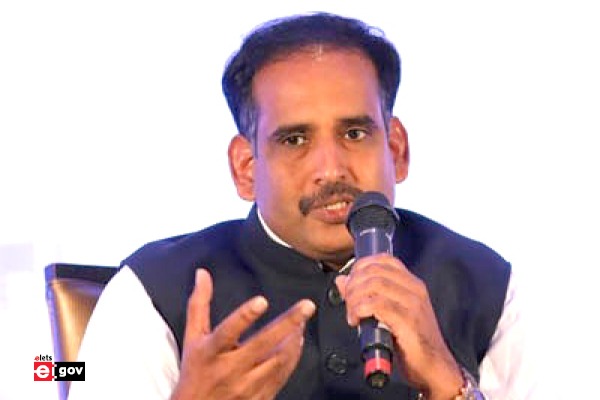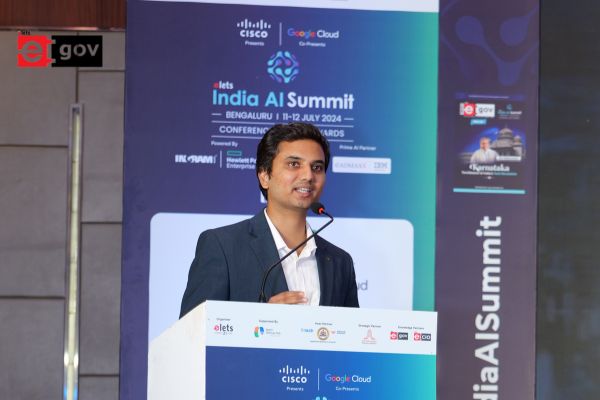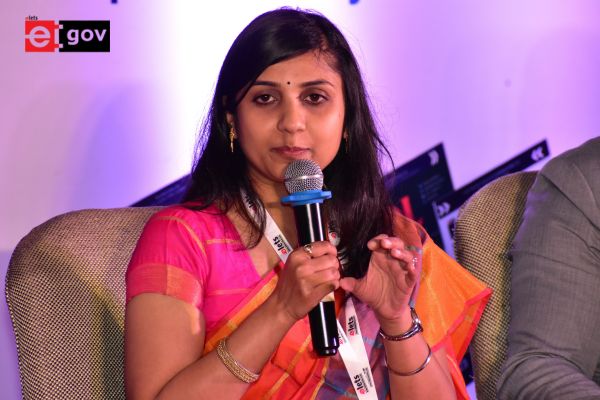
Artificial Intelligence (AI) is set to cause significant changes in the job market over the next decade, according to a recent report by McKinsey. The study forecasts approximately 12 million occupational transitions by 2030, a rate comparable to the job shifts observed during the COVID-19 pandemic. Kweilin Ellingrud, a senior partner at McKinsey and director of its Global Institute, shared these insights during the firm’s recent media day.
Certain sectors, particularly healthcare and STEM (science, technology, engineering, and mathematics), are anticipated to see growth due to AI advancements. However, the majority of job impacts will be concentrated in four main categories: administrative assistance, customer service and sales, food service, and production and manufacturing.
Ellingrud pointed out that many roles in these categories involve repetitive tasks, data collection, and basic data processing, making them prime candidates for automation. The McKinsey report, co-authored by Ellingrud, estimates that about 11.8 million workers in roles facing decreasing demand will need to transition to new lines of work by 2030. Despite these significant changes, the report, highlighted by Business Insider, underscores the need for all workers to prepare for some level of adaptation. The widespread adoption of generative AI and traditional automation technologies is expected to impact approximately 30% of tasks in many current jobs, necessitating adjustments in work practices.

Ellingrud emphasized the importance of proactive adaptation. “It’s crucial for individuals to stay informed about the evolving job landscape and develop skills that are less susceptible to automation,” she stated. This includes focusing on areas where human creativity, critical thinking, and emotional intelligence are irreplaceable by machines.
In summary, the report suggests that AI is likely to bring substantial changes to the job market by 2030, with millions of workers needing to transition to new roles. While sectors like healthcare and STEM are expected to grow, many roles involving repetitive tasks will be automated. Workers must adapt to these changes, with support from businesses, educators, and policymakers playing a critical role in facilitating a successful transition.

To explore more significant AI insights join Elets India AI Summit on 11-12 July in Bengaluru, the Premier Forum for Shaping India’s AI Future.
Be a part of Elets Collaborative Initiatives. Join Us for Upcoming Events and explore business opportunities. Like us on Facebook , connect with us on LinkedIn and follow us on Twitter, Instagram.
"Exciting news! Elets technomedia is now on WhatsApp Channels Subscribe today by clicking the link and stay updated with the latest insights!" Click here!













